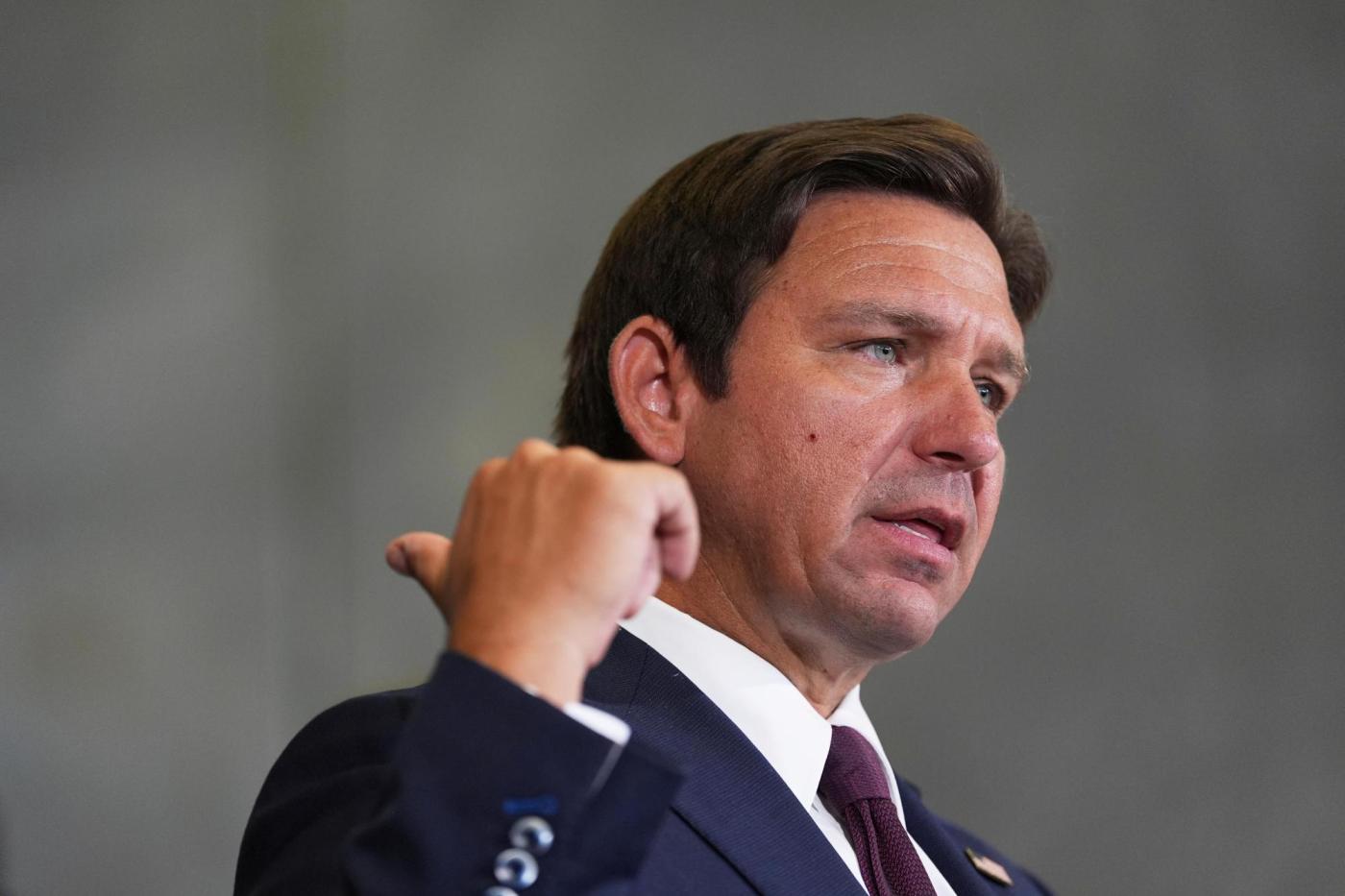Lawmakers in Florida are preparing for a significant debate regarding property tax reform, with various proposals under discussion as the 2026 ballot approaches. The debate has intensified due to strong opposition from Florida Lt. Gov. Jay Collins, who argues that voters should only face a single constitutional amendment on the issue rather than multiple options.
Currently, there are eight proposals in the Florida legislature aimed at allowing homesteaded property owners to reduce their property taxes substantially by 2026. Most of these proposals are designed to be presented to voters as constitutional amendments. Collins contends that having multiple amendments could lead to confusion among voters, stating, “It takes millions and millions of dollars to fully inform people about what’s going on. There’s almost zero shot.”
Collins has expressed concerns about the impact of these proposals on essential services, particularly education and law enforcement. He emphasized, “We’re not gonna harm our educators. We’re not gonna harm our roads. We’re not gonna take money away from our first responders or law enforcement.” He reassured constituents that the property tax reductions would not significantly affect the overall state budget.
Competing Proposals and Legislative Divisions
The ongoing discussions in Tallahassee highlight the divisions among the House, Senate, and the governor’s office regarding property tax reform. State Senator Don Gaetz noted that any meaningful tax reduction would necessitate a reevaluation of school funding. He pointed out the challenges facing public education in Florida, saying, “The school finance system is in difficulty right now because we have thousands of students leaving public schools for private schools and homeschooling.”
This shift in student enrollment has raised concerns about the sustainability of funding for public schools. Gaetz added that “everything is up for grabs” in terms of how the state finances its educational institutions.
Governor Ron DeSantis addressed the property tax proposals during a recent event in Tampa, dismissing them as uninspiring. He reiterated Collins’ view on the need for clarity, stating, “What you don’t do is put five [constitutional amendments] on there…because they’re going to be written in ways that are not going to be clear.” This sentiment underscores the urgency for lawmakers to reach a consensus on how to approach property tax reform before the 2026 ballot.
As the legislature prepares for this contentious debate, the implications of these proposals could be far-reaching, influencing funding for critical services that citizens rely on. The outcome of these discussions will likely shape Florida’s financial landscape in the coming years.



































































